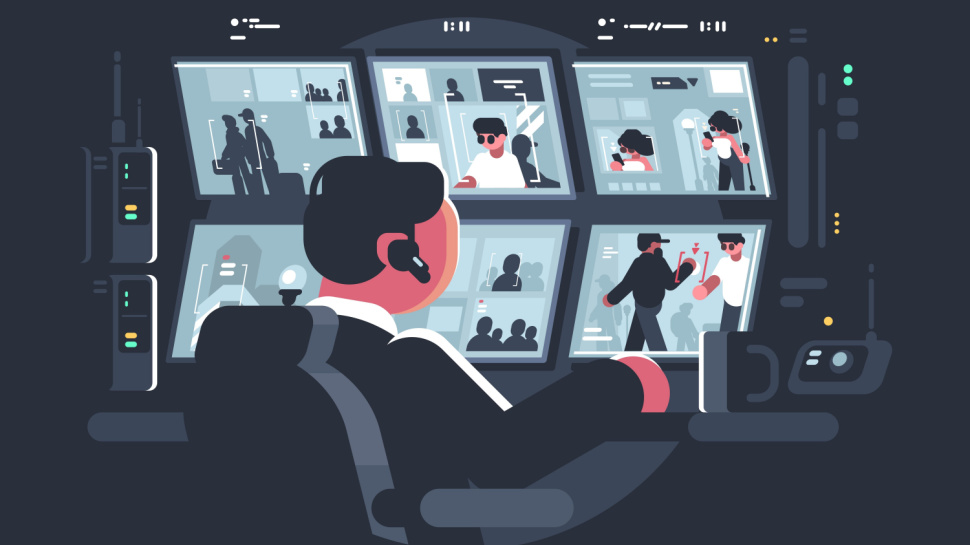Nearly half of businesses are tracking their remote workers — but apparently it's for your own good
IoT devices for air and light quality monitoring are an additional security risk

New research has found that nearly half of enterprises (44%) are tracking their employees' home working hours, with an additional third (33%) making plans to do so in the future.
Obligations to meet employee wellbeing regulations mean that 65% of businesses are having their workers install IoT devices to monitor lighting levels and air quality.
But in terms of employee monitoring, a third (33%) are investing in analytics platforms to monitor remote workers.
Companies want to make sure you’re still breathing
The research, conducted by Kinly as part of the Trusted Connections 2024 study, surveyed 425 professionals across a range of industries including the government and public sector, energy, banking and finance in the UK, Germany, Netherlands and Nordics.
Many of the devices that businesses are asking their employees to install can monitor their habits to notify them when they have been sat down for too long, if the lighting quality could be damaging their eyesight, and if the air quality drops below a certain level.
While the intentions may be genuine and often steer clear of mouse movement monitoring or screen activity, they present a risk to both the employees and businesses as IoT devices are often pushed to market without robust security testing.
IoT devices can provide hackers with an access point to home and business networks, allowing them to install malware and move laterally through the network posing a significant security vulnerability.
Sign up to the TechRadar Pro newsletter to get all the top news, opinion, features and guidance your business needs to succeed!
This is particularly concerning as recent research has suggested that many businesses have very poor cyber hygiene practices, and adding additional devices with questionable security to networks provides more access points for hackers.
More from TechRadar Pro

Benedict has been with TechRadar Pro for over two years, and has specialized in writing about cybersecurity, threat intelligence, and B2B security solutions. His coverage explores the critical areas of national security, including state-sponsored threat actors, APT groups, critical infrastructure, and social engineering.
Benedict holds an MA (Distinction) in Security, Intelligence, and Diplomacy from the Centre for Security and Intelligence Studies at the University of Buckingham, providing him with a strong academic foundation for his reporting on geopolitics, threat intelligence, and cyber-warfare.
Prior to his postgraduate studies, Benedict earned a BA in Politics with Journalism, providing him with the skills to translate complex political and security issues into comprehensible copy.